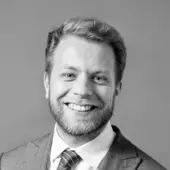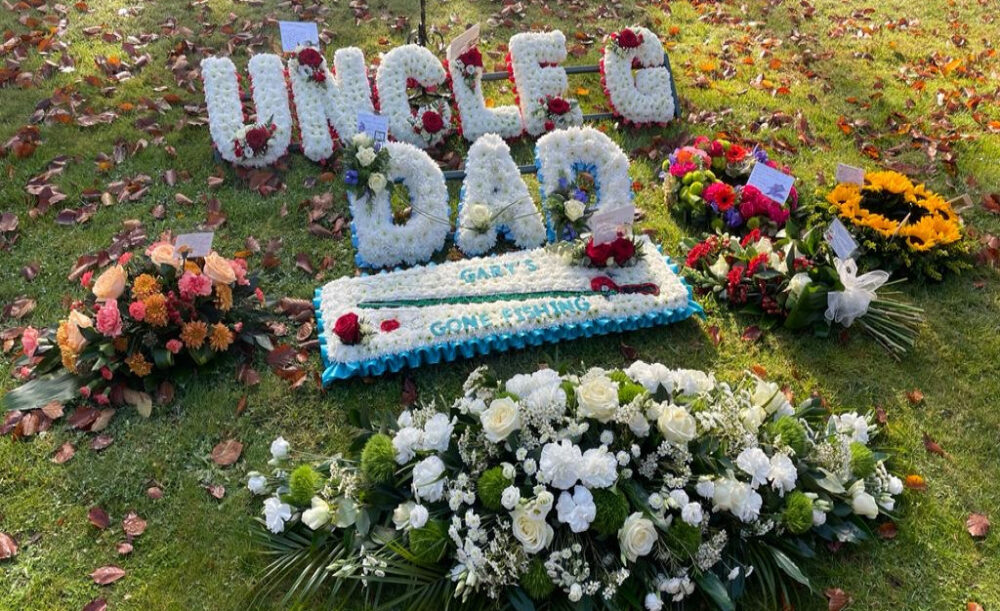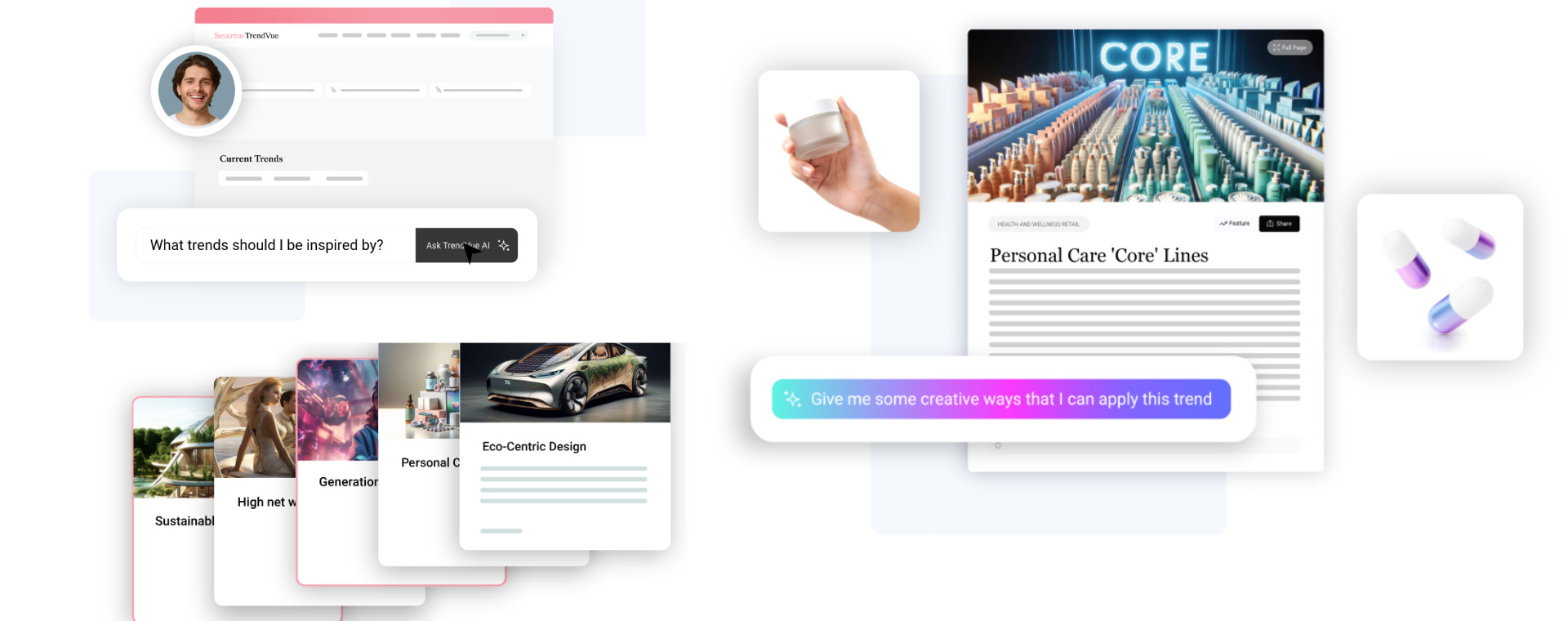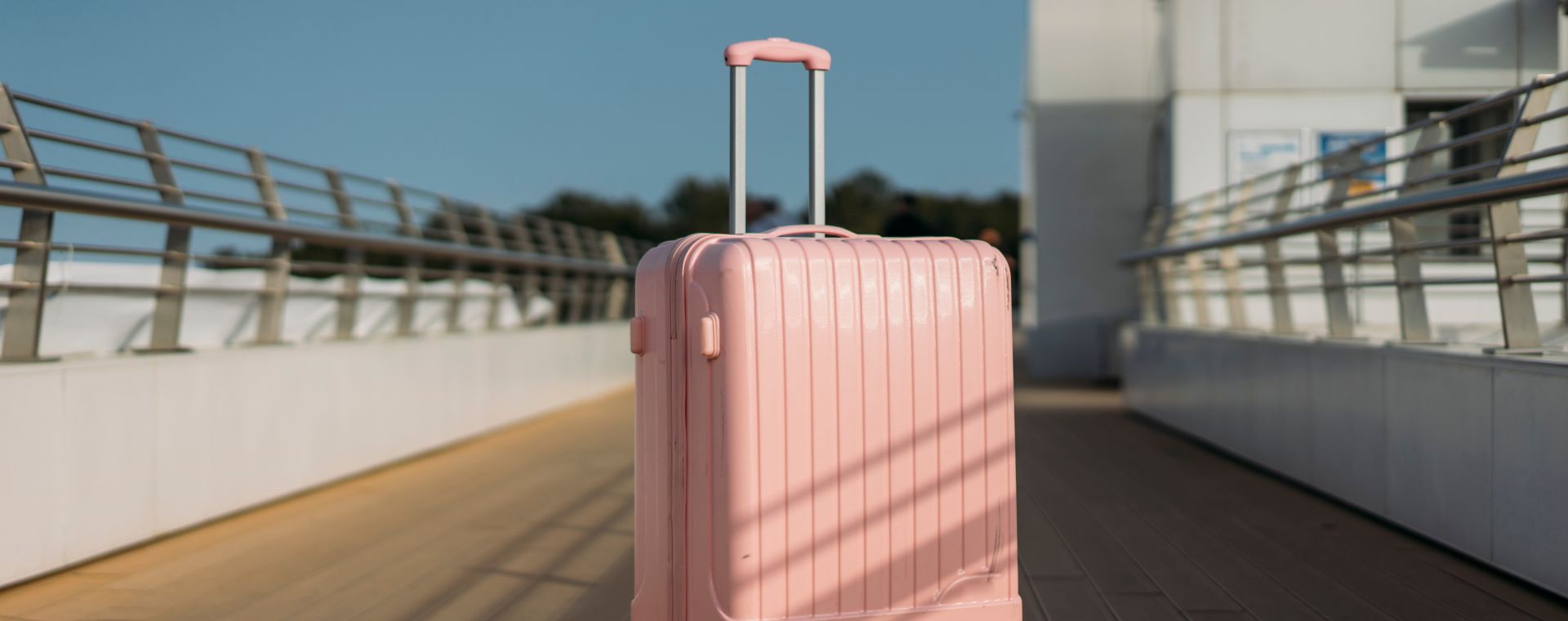

On Monday 27th September 2021, I lost my Dad after he was diagnosed with liver cancer just three months earlier.
Today marks the first anniversary of his passing, and this article is almost a year in the making. I knew I wanted to write or say something, but over time other things – namely an ever-turbulent political landscape – got in the way.
It left a hole that I, naively, thought I could fill with work, and it will come as no surprise to anyone for me to admit that I struggled again.
A year on, though, reflecting on how the experience shaped and restructured my entire life, it feels pertinent to resurrect the piece again, and talk candidly, and in more depth, about how such a monumental life change impacted my career at Savanta and in political research.
I think it’s easy for people – family, friends, colleagues, and however noble their intentions – to tell you to drop everything for family, and that work isn’t important, but I’ve never found it that easy to switch work off. I’m very fortunate to love my job, to be immersed in the political and research world that I studied in and worked hard to enter, and for it to be constantly changing to the extent that taking time off never truly feels possible. There’s an ongoing joke at Savanta that my annual leave coincides with political or constitutional upheaval, so even during holidays I feel switched on.
When my family was told a year ago that we were entering what was likely to be my Dad’s final hours, of all of the emotions and feelings absorbing me, sending a quick note to managers, close colleagues and HR, having brought my work laptop to the hospice, along the lines of “I have to go, and I’m not sure when I’ll be back at work”, and then setting an out of office with a similar message, felt so essential, yet in hindsight, quite surreal.
Similarly surreal was postponing a client call the week before his passing with a prominent political party, less than two minutes after it started, having received the dreaded phone call that we needed to drop everything and make our way to the hospice urgently. That day ended up as a false alarm, but only gave us a few precious hours reprieve before the inevitable happened.
I’d struggled to balance work with my Dad’s diagnosis since June. Sleepless nights, afternoons spent at my kitchen table with my head in my hands, tears streaming down my face at the latest heart breaking health update from home, had ultimately led to a serious lack of motivation and a depletion in my interest to do my job. Neither my head, nor my heart, were truly in it, but I continued to make excuses, putting it down to a quieter Westminster summer, being more mature and savvier to navigate through silly-season, and assured myself I’d be refreshed for party conferences. Moving back to Essex to be closer to family, with additional familial pressures on top of trips to and from, at first, my Dad’s home, then hospital, and then the hospice, were an added an unexpected factor to contribute to a general malaise. Work was suffering, personal relationships were suffering, and I was suffering; but it was all pushed to one side because no-one was suffering like my Dad.
I think I returned to work, in some capacity, on Wednesday 29th September, less than 48hrs after my Dad died. No part of me thinks this is noble, or admirable, or should be a template for others to follow in similar situations; but each to their own, I didn’t want to sit at home staring at the walls and not have anything to do. All of a sudden, my Dad’s illness, this huge administrative burden of overnight hospice stays, stage-managing family visits to comply with Covid-guidelines, and general care and support for a parent, had gone. It left a hole that I, naively, thought I could fill with work, and it will come as no surprise to anyone for me to admit that I struggled again. I was okay for a few days, before the administrative burden returned again, in the form of arranging a funeral, sorting out finances, and providing emotional support to relatives and loved ones who were also suffering immeasurably. Juggling work and these commitments was, again, in hindsight, too much. I imagine I was operating at about half of my usual work capacity throughout, over-committing to projects and deadlines, and generally just not really being that attentive to my job. All understandable, but not especially helpful to me, or my colleagues. I continued like this up to the funeral.
I came home after my Dad’s wake about 9pm and cried solidly, completely inconsolable, for 30 minutes before falling asleep. When I went to my desk the next morning, I was not expecting to feel how I did: worse than the day he died, worse than when he was diagnosed, worse than I’d possibly ever felt. The funeral was supposed to be all of the catharsis I needed, putting an end, a full-stop, to the hurt and the heartbreak, and an opportunity to draw a line under the last few months and get on with the rest of my life – including going back to the job I claimed to love.
I ended up taking the next fortnight off, and it is the best thing I did. It feels trite to say this, but Savanta is a special place, with incredible people, and without a certain select individuals, I’d never have felt empowered or able to take the time off I so desperately needed. My close colleagues’ supreme competence, skill and attitude allowed me to let go of work and take some time for myself. I am under no illusions that other employers, and other professions, would not afford their employees such no-questions-asked time off, and I’m incredibly lucky, and eternally grateful, that I was able to at Savanta.
That fortnight was brutally tough. More admin, of course, but some days not wanting to get out of bed, afternoons spent uncontrollably sobbing despite no obvious triggers, and a disastrous brush with two grief counselling agencies were all unexpected setbacks, but there were enough positive moments in that time to feel able to finally return to work.
I think I have three main reasons for wanting to write something like this, aside from my own ego. Firstly, grief shouldn’t be taboo; everyone will experience it at some point in their lives, and probably way more than once. I’ve always been a naturally private person, and the colleagues I would have wanted to know about my Dad’s diagnosis and passing could probably be counted on one hand, but ultimately I’m not ashamed, embarrassed or want to hide how I have felt and continue to feel, even a year on. I hope that in writing this it highlights some of the stigma surrounding grief, and taking time away from work for mental health reasons in general, because employees can really benefit from that flexibility employers can show. What I did was the best thing for me, and I’m so glad I was able to.
Secondly, writing this, even resurrecting it a year later, has been incredibly cathartic. I spent hours writing my Dad’s eulogy, and colleagues will be unsurprised to hear that I ended up having so much to say that it was more than twice the length the vicar wanted it to be, but writing this has helped me rationalise my grief, how I’ve felt and continue to feel, and understanding that the time off I had is perfectly okay. The opportunity to write this and reflect on the incompatibility between my job and my Dad’s illness shows me that I spent much of the summer simply lying to myself about how I felt, and how important the fortnight I took off ended up being.
And thirdly, it’s a thank you to Savanta. Some days are still tough, living in and working from my Dad’s old house will never not be strange, and I’ll never do a media appearance again without thinking of him and the fact he probably recorded each and every one when he was alive. It’s impossible to quantify a feeling, but I felt and continue to feel supported by my employer, and that feeling is very difficult to shake. I’ll be forever grateful to Savanta for everything it has done for me, and I hope that I can continue to repay that support by giving my everything for the job I’ve had to learn to love again.








